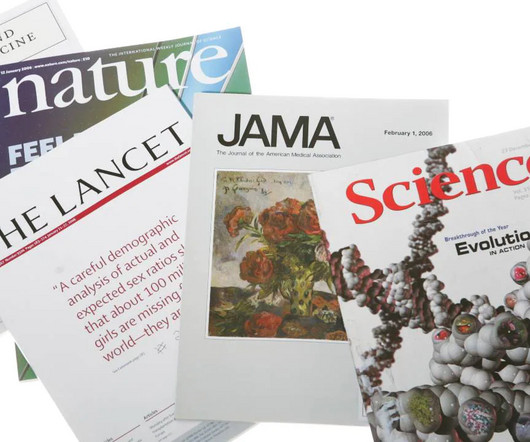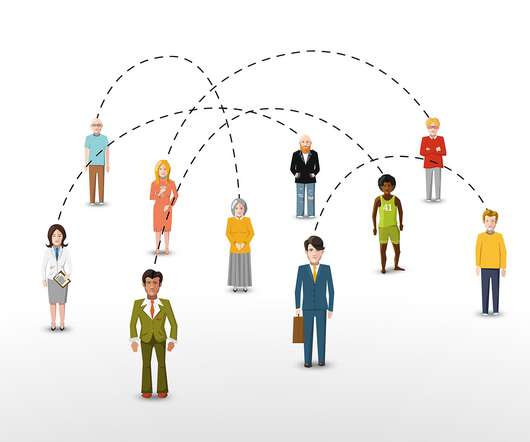Understand the pivotal role that medical journals play for physicians: The ideal method of pharma-doctor engagement
eMediWrite
AUGUST 24, 2023
Medical publications are often highly valued by doctors because they are essential to their professional practice and continuous education. The main source of new and up-to-date information on medical research, clinical trials, treatment recommendations, and developments in medical science is medical journals.













Let's personalize your content